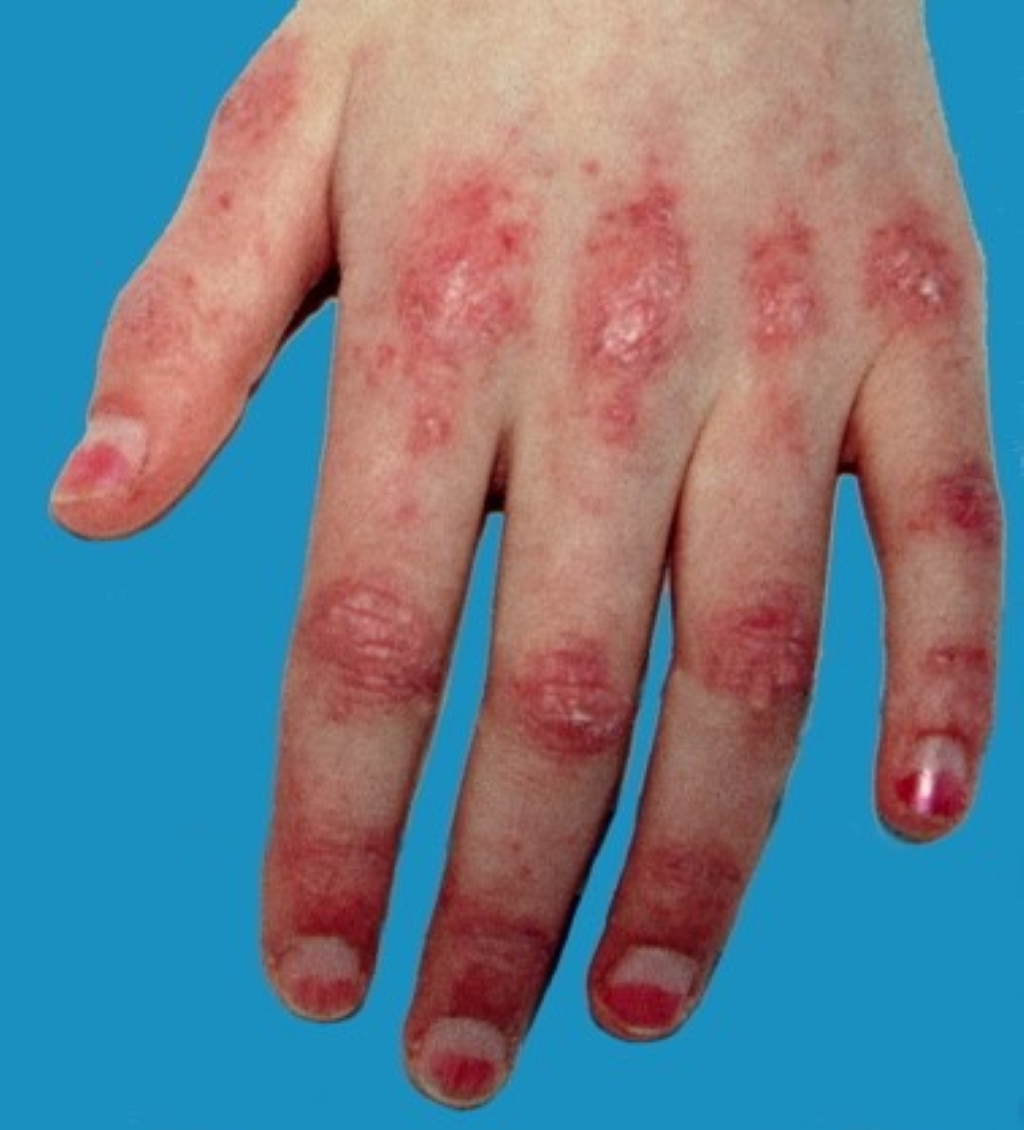What is Idiopathic Inflammatory Myopathy?

The most common symptom is proximal muscle weakness of the shoulders, thighs and neck, or difficulty in swallowing. But there may be other non-muscular symptoms such as fatigue, loss of appetite, loss of weight, fever, rashes, joint pain and stiffness, reduced effort tolerance, and cough. Due to the diverse symptoms including the non-muscular ones, diagnosis may be delayed initially.
What are the Symptoms of Inflammatory Myositis?
As this is a multi-system disease which can affect various parts of the body, the symptoms depend on which organ is involved. Symptoms can be mild, such as rashes; or severe, such as foot drop if the nerve is affected, haemoptysis (coughing out blood) if the lungs are affected, renal failure, or even death. Rarely, there are those who are asymptomatic, but are found to have abnormal blood or urine tests on routine screening. Due to the diverse symptoms, diagnosis may be delayed.
There is a subtype of Dermatomyositis with positive Anti-MDA5 Antibody, usually presenting with rashes but minimal weakness. This subtype is associated with rapidly progressive interstitial lung disease, with high mortality rate if not recognised and treated early.
What are the treatments available for Inflammatory Myositis?
At diagnosis, various blood and imaging tests are carried out to screen for malignancy, as dermatomyositis is highly associated with cancer.
The mainstay of treatment is corticosteroids and other immunosuppressants. Patients with more aggressive disease may be treated with newer therapies such as anti-CD20 and Janus Kinase (JAK)-inhibitors.



